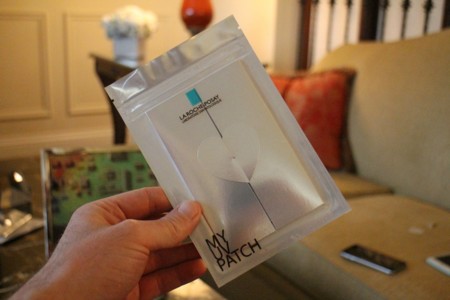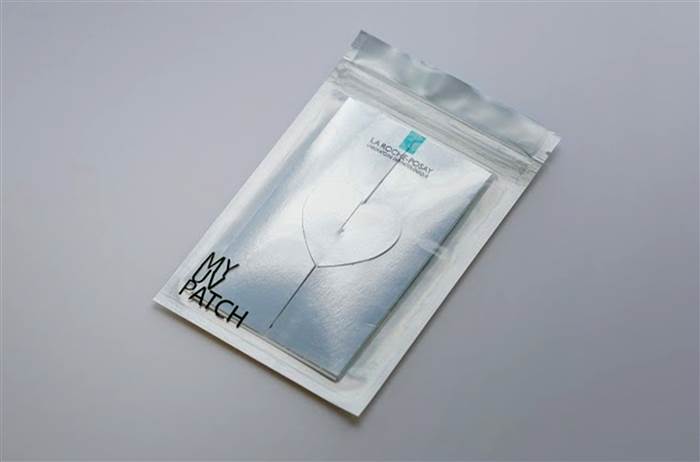Till recently L’Oreal made money by putting ‘chemistry’ in a bottle.
Not any more. To keep pace with changing times, it is proactively marrying technology with chemistry. Result – My UV Patch.
My UV Patch is a wearable device or as fashion conscious customers call it a ‘digital tattoo’.
My UV Patch is simple to wear – as simple as putting on a Band Aid - it is just 50-micron patch (½ the width of a human hair strand).
When the wearer steps out wearing My UV Patch, the patch senses the extent of sunlight (UV exposure) & sends a notification via the smartphone to the wearer to put on a sun screen lotion/crème - the recommendation on what type of UV lotion to be used is based on the wearer’s skin type, color, tone – in short the recommendation is personalised to the user!
What is L’Oreal insight behind investing in this initiative?
• Proactive: L’Oreal realizes that whenever technology collides with any industry it disrupts it, if not destroys it – Uber has disrupted taxies; Airbnb has disrupted hotels; Amazon has disrupted retailing... the list is ever growing. How does a company prepare for this onslaught? By being 'proactive' - before technology can strike, it is better for the industry/company to proactively start embedding technology into its product.
• Personalisation: Increasingly, customers want ‘customised / personalised’ solutions for there problems. Any company, which provided personalised solution, will be able to command a price premium from customers.
• Embed principles of Behavioural Sciences into your business model: Successful businesses embed principles of Behavioural Sciences into its business model. L’Oreal seems to be embedding at least 3 principles of Behavioural sciences into its business model – Reciprocal Principle, Likability Principle & Expert Bias.
• Reciprocal Principle: By notifying customers when to put on sunscreen lotion, it is helping them protect their skin from harmful UV exposure. Result– creating a reciprocal feeling in the customers. The next time they have to buy a sunscreen lotion which brand will they buy? Quite likely L’Oreal.
• Likability Principle: If someone does good to you, then you tend to like the person. And when a business opportunity comes up then you are likely to do business with the person you like! Take this specific case. Customers will start liking L’Oreal because it is helping them protect their skin from UV exposure. Next time they have to buy a cream it is likely they will buy L’Oreal brand of cream.
• Expert Bias: L’Oreal, by offering personalised recommendation starts getting perceived as an expert in the eyes of its customers. Result: Whenever she has any skin related / beauty related query she will seek out L’Oreal. Result – L’Oreal will be able to recommend many more brands from its portfolio.
Business lesson for us: 1. Be proactive. 2. Personalize your brand offering using technology. 3. Embed principles of Behavioural Sciences into your business, model. If you do it intelligently then it will get customers to behave the way you would want them too.
If you also wish to understand how to embed principle of Behavioural Sciences into your business model then I will invite you to read my article published on InsideIIM.com, “How Zara, Sensodyne others use behavioural sciences to unlock value.’ The article also has a video embedded into in it. Once you understand the principles & embed them into your business model then you can smile all the way to the bank.
———-
In this series, Rajesh Srivastava, Business Strategist and Visiting Faculty at IIM Indore gives you a regular dose of strategy case studies to help you think and keep you one step ahead as a professional as compared to your peers. Rajesh is an alumnus of IIM Bangalore and IIT Kanpur and has over 2 decades of experience in the FMCG industry. All previous Strategy with RS posts can be found here.



